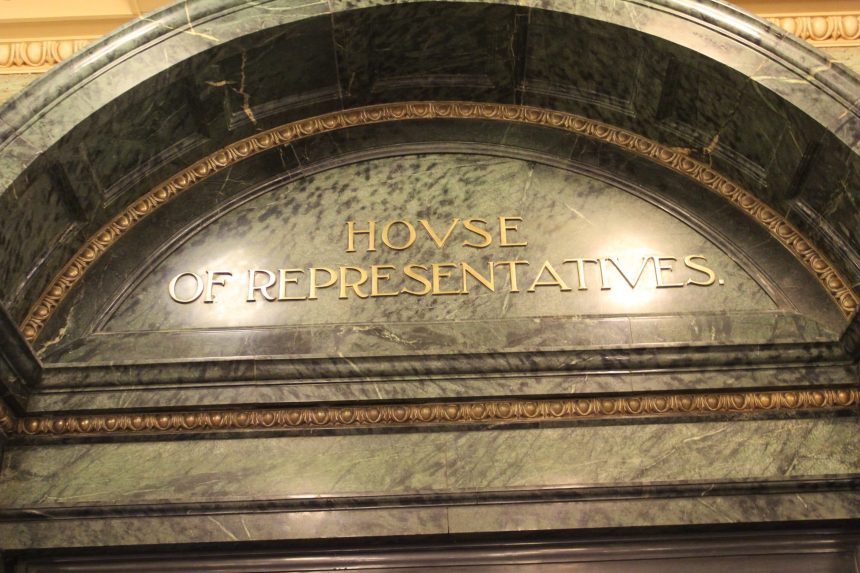Hours after the proposal was explained by Speaker of the House Philip Gunn, the Mississippi House of Representatives voted 85-34 on a bill to fully eliminate the state income tax over a 10-year period.
Over the phase-out period, Speaker Gunn explained that the intent of the bill is to put nearly $2 billion back into the pockets of Mississippians. Beginning in 2022, Mississippians making $50,000 or less—around 57% of state residents—would immediately be exempt from paying income tax and the remainder of the tax brackets would be gradually phased out. Additionally, HB 1439 would initially cut the state’s grocery tax from 7% to 4.5%. It would then be dropped to 3.5% by 2026.

In an effort to make up for the lost revenue, about 1/3 of the state budget, the sales tax in Mississippi would be raised from 7% to 9.5% starting in 2022. Additional taxes would be placed on cigarettes, other tobacco products, alcohol and other goods that are currently taxed at reduced rates. Speaking on the House floor, Rep. Trey Lamar explained that the Department of Revenue’s analysis of the bill shows this would account for the $1.3 billion in lost revenue. The representative from Lafayette went on to explain the benefit of moving away from the income tax.
“By shifting away from income taxes to sales taxes, we no longer punish people by taxing their work, we will no longer punish people who save prudently. Instead, we encourage hard work and saving. The harder you work, the more you make, the more you stand to benefit from the income tax cut. If you’re responsible with your money and you save you will pay less sales tax then if you waste your money on unnecessary consumption. You’re effectively able to control your own tax rate,” he said.
This morning, Speaker Gunn outlined his belief that the increased emphasis on the sales tax would be a net gain for the state.
“Everybody participates in it, everybody who buys is sharing the burden among Mississippians. Another thing is, you’re picking up out-of-staters who do not pay income tax. A lot of people come to the state on vacation or just paling through and they purchase times here, so you’re increasing your tax pool,” he said.
Now, the bill heads over to the Senate for consideration. Earlier in the session, Lt. Governor Delbert Hosemann expressed support for the elimination of the income tax but had reservations about the ability to replace its revenue.
“I’d like to eliminate all taxes, but we have to pay teachers, it costs $2 billion to educate our children and we’re not paying enough of it. We have roads and bridges that are out. I’ve got a healthcare system that needs to be more effective and available to people,” Hosemann said back in late January.
The proposal has been embraced by the National Federation of Independent Business as a lifeline to businesses that are struggling in the midst of the pandemic.
“Our members are behind this 100%. Most small businesses are organized as pass-through entities, meaning they pay taxes at the individual rate rather than the corporate rate. Eliminating the personal income tax would provide much-needed financial relief to small business owners struggling to recover from the economic crisis created by the COVID-19 pandemic,” the organization state director Dawn Starns McVea said.
If the proposal makes it to the governor, who has indicated his support for the income tax’s elimination, Mississippi would be the 10th state to make such a move.







